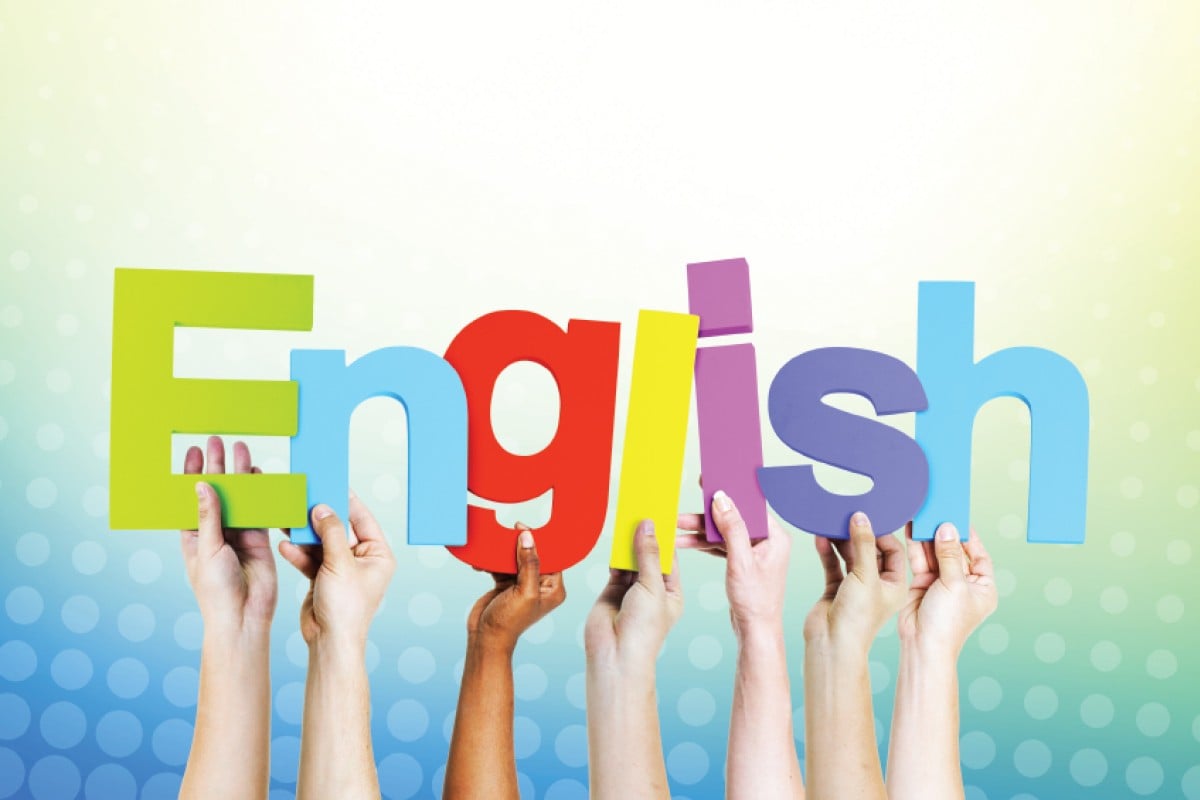
How to avoid common problems and outsmart your HKDSE English Language exam
No matter how good your English is, this exam can still trip you up if you don’t know how to properly approach it. Here’s how you can be one step ahead of the examiner

The HKDSE English language examination is a five-hour abomination which aims to test your English reading, writing, listening, and speaking skills. As daunting as this sounds, you don’t have to feel completely powerless. Even with the exam only a few days away, there are plenty of tips and tricks that will help you to do better than you think you can. Young Post reached out to Modern Education tutor Antonia for some valuable guidance.
Reading
One of the most frightening things about this section is the amount of vocabulary; there’s no worse feeling than seeing a word you don’t know the meaning of. While it’s understandable to feel anxious about this, Antonia says the reading section isn’t there to test your memory for definitions.
“You should always remember that reading isn’t testing you on one piece of vocabulary; it is testing you on the context. Even if you memorise the dictionary definitions of a word, that might not be what the question is asking you for.”
She says that a key to answering these types of comprehension questions is to look at the entire passage, as well as the words that surround that particularly difficult word.
“Are there any words around that hint at the meaning? Is the passage positive or negative? The contextual meaning of the word is more important than knowing what the word actually means.”
Even if you do not really understand the question, do not be tempted to directly copy it into the answer. If you read each question carefully, you’ll see that some have specific instructions, such as “phrase it in your own words”.
Instead, Antonia says you should try some simple tricks to make the answer more your own.
“Sometimes, you can swap around words, convert from active to passive voice, or even change a word from a noun to a verb. These things make your answer look different from the original question.”
If you really do not know how to answer a question, Antonia says it’s best to skip it, because the time you spend trying to answer it might be worth more than the answer itself.
“As a rule of thumb, I tell my students that one minute is worth one point; if you start spending more minutes than the question’s point score, then you should really be moving on.”
Writing
Antonia says the most common problem in the writing section is the lack of focus in the answer. Before the DSE exam was revamped, students could just shoehorn roughly any memorised answer into a question, because they were open-ended.
“Now, however, the questions sometimes have defined stances; you aren’t just a ‘person working in a company’, you might be an ‘HR representative for a bank’ or something.”
Now the exam forces students to respond to each individual question from a distinct point of view; deviating from it can result in lost marks. The point is to read the question carefully and tailor your answer as close to how you interpreted the question.
Antonia tells her students to plan out each one of their answers; this method is often better than rushing headlong into writing and then realising that they don’t have enough examples.
“It is better to spend five to 10 minutes planning out any written answer, so you know exactly what you will write. Planning around a topic sentence or a theme will make things faster.”
Listening and Integrated Skills
For listening, the key point is not simply listening, but smart listening. Because the exam gives you a certain amount of time to look at the questions before listening, you should take that time to look carefully at what information the questions are asking you to provide, whether it’s a place (where), a person or a thing (what), or an explanation (why or how).
The more tricky part, says Antonia, is when the question asks about different events at different times.
“Students most commonly make mistakes with the tenses; if they’re in a rush, they might not answer in the appropriate tense. A trap might be a question wants an answer in one tense, but the recording might be using another tense.”
